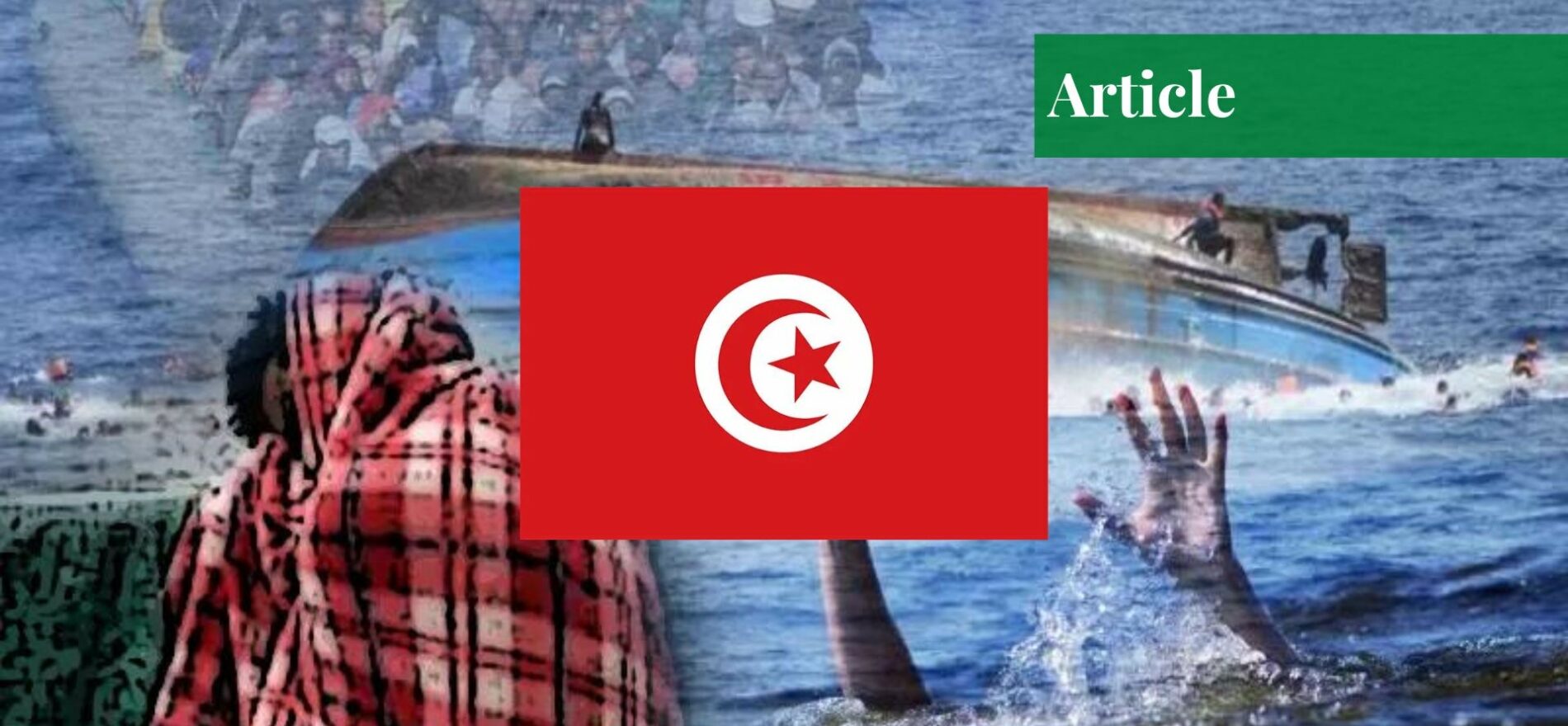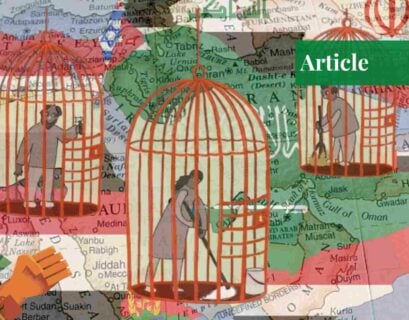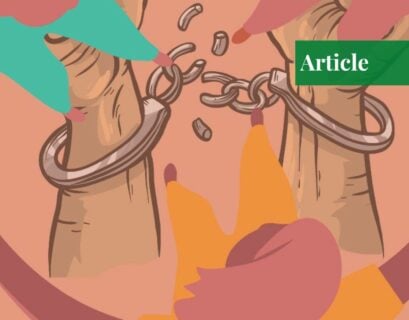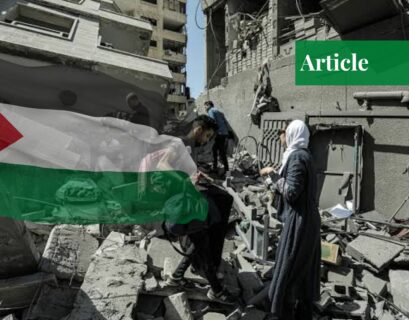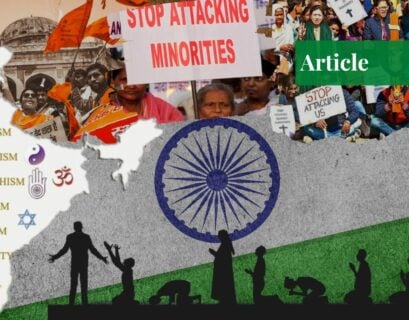Hafsa Ammar is a graduate of the National Defence University, Islamabad. Her areas of expertise are narrative building and propaganda warfare, centered around the Soviet Union and modern-day Russia.
In 2022, the President of Tunisia proposed a new constitution that suggested a dynamic shift in governance, moving it from a parliamentary to a presidential system. The people, who were already sick of the slow pace of governmental restructuring, supported this shift in hopes that a centralized system would benefit them. Several scholars and analysts refuted this stance by explaining how quickly a presidential system in Tunisia could turn authoritarian, diverting them from their democratic ambitions and causing a massive migration crisis.
Irregular Migration
Tunisian state authorities have been accused of abandoning thirsty and starving migrants between the Tunisian and Libyan border. The Libyan border patrol has rescued many tired migrants. Migrations from Tunisia have also branched out to Italy, Sicily, and Pelagic Islands.
Irregular migration and human rights violations have led to Tunisia gracing international headlines in 2023. Post-Arab Spring in 2011, migration movements from the state slowed down due to an optimistic future forecast; however, now they are at an all-time high.
People are being smuggled out of the state in fragile, easily overturned boats. They are braving violent border defenses and flimsy rafts. Fleeing migrants, on a boat captured by the Tunisian authority forces, threatened to set fire to canisters of gasoline and blow themselves up – preferring death over returning to their fractured homeland.
Humanitarian organizations such as HRW (Human Rights Watch) have wanted to cease the flow of funds to Tunisian border control forces due to their increasing records of violence. The reopening of the Tunisian-Libyan border in 2022 has seen much loss in 2023. 17 migrants were found dead in March, 31 in April, 15 in June – and these are only the ones that have been recovered. It is reported that often LEAs only catch one out of ten migrants, the same statistic must apply to their corpses as well.
Mass Migrations – Port of Sfax
The state of Tunisia has been deeply entrenched in Arabic culture. It has a beautiful historical legacy as it houses the remains of Carthage. In modern times, Tunisia is an exporter of textile fabric and agricultural products. Despite its tourism-friendly beaches, the real attention it garners comes from the Port of Sfax – a departure hub for migrants to be smuggled out of.
In the era of social media, all communities have instant access to one another, and therefore, migrants know that nowadays much of their regular departure zones are under watch by police enforcement. This is contributing to the massive traffic at Sfax. The migration crisis is taking place mainly due to the terrible living conditions within Tunisia. The push factors include racism and violent extremism towards the black refugees.
Discriminatory comments by the President in a speech he made in March 2023 only fanned the flames of this conflict. His use of phrases such as “unnatural” and “unacceptable practices” further solidified the resolve of the racists within the state. The community of black migrants from Sub-Saharan Africa remains in constant fear of deportation, wrongful arrests, violent assault, and gang violence. Their fears came to life on 24th February 2023 when a Cameroonian man was murdered by violent racists.
Political instability, increased costs, and widespread unemployment have only encouraged the migration crisis in Tunisia. The pull factors include better healthcare, job opportunities, infrastructure, and educational institutions in developed states.
EU-Tunisia Memorandum of Understanding
The European Union has taken a step to counter these mass migrations and human smuggling from Tunisia by signing a €1bn MoU with the state. It is a comprehensive plan to strategically deal with human trafficking, self-smuggling, and gang violence. The premiers of the Netherlands and Italy also took part in the talks, signaling an international effort to come to Tunisian aid.
No matter how liberally optimistic and accepting this deal may seem, there are some fault lines. Tunisia refused to be a ‘reception center’ for migrants from the European Union that did not hold Tunisian nationality/citizenship. From the total of one billion, a hundred and five will be allocated to the state to deal with human smugglers which provide illegal passage into the EU.
Another fifteen million will be utilized under humanitarian causes i.e. connected humanitarian agencies to the migrants to cater to their transport and health – both mental and physical, as it is important to approach this conflict with a delicacy.
This deal holds significant weight for Tunisia as much of its GDP and economy runs on remittances from external sources. When people migrate abroad in such massive numbers – they happen to take with them recipients of those remittances. The approximate number was around three billion dinars or seven hundred and fifty million pounds.
There is burgeoning hope that the deal signed on Sunday 16th July will be honored and will bring peace to the turbulent region, saving thousands of people from attempting to cross the border for a better future, rather providing them one in their homeland itself.
If you want to submit your articles, research papers, and book reviews, please check the Submissions page.
The views and opinions expressed in this article/paper are the author’s own and do not necessarily reflect the editorial position of Paradigm Shift.
